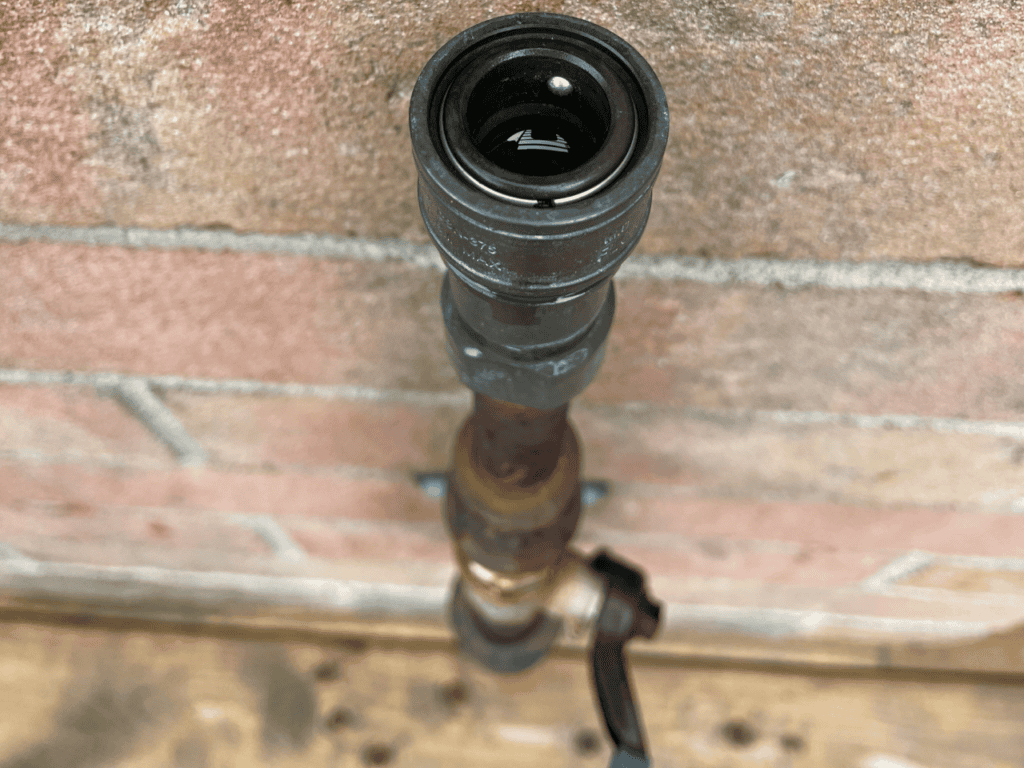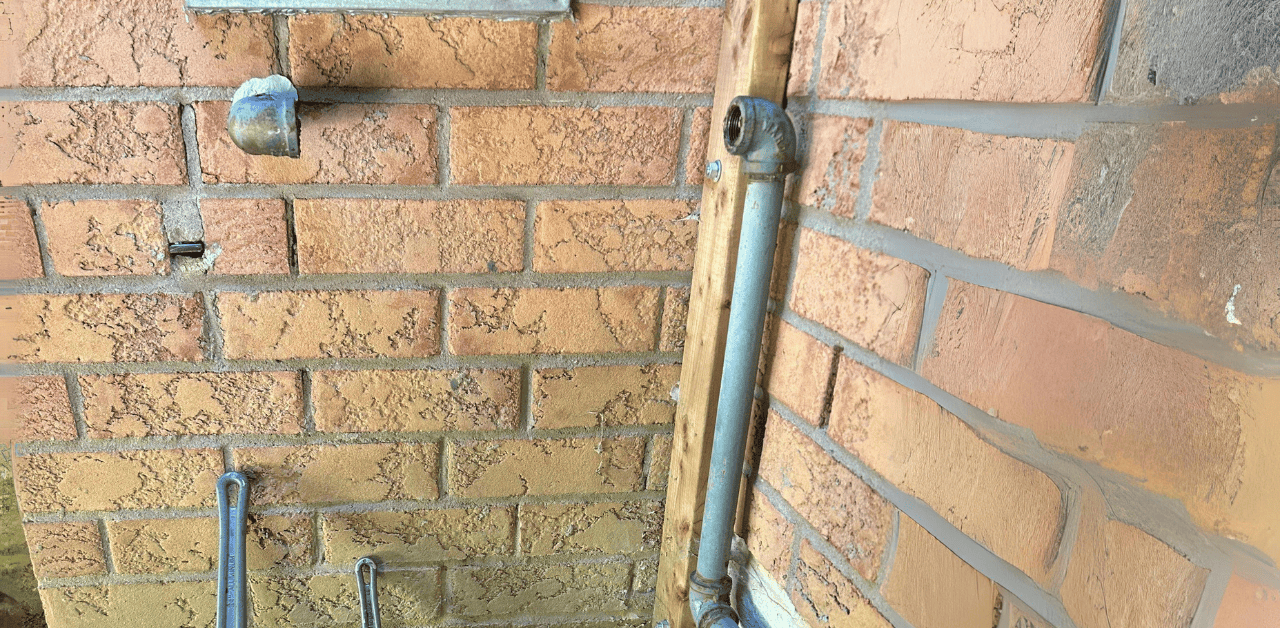Gas line installation is a critical process that requires the utmost attention to detail and expertise to avoid potential problems. One of the most common gas line installation issues homeowners and businesses face is inadequate gas pressure. Inadequate gas pressure can lead to safety hazards, inefficient fuel consumption, and even equipment failure. To prevent such complications during the gas line installation process, it’s essential to employ qualified professionals who can assess and manage the pressure requirements correctly. Proper planning and execution during this critical phase are vital for ensuring long-term functionality and safety. Understanding the gas line installation steps in Ontario is also crucial, as local regulations and codes must be adhered to for a compliant setup. Following these guidelines not only enhances safety but also ensures that the installation aligns with industry standards, preventing future complications. Moreover, regular inspections and maintenance after the installation can further mitigate risks and promote efficient gas usage.
ALP Heating, a leading HVAC service provider, is here to help you understand these common gas line installation issues, their causes, and how ALP Heating can provide professional solutions to rectify these issues.
Understanding Inadequate Gas Pressure
Gas pressure measures the force exerted by the gas as it flows through the pipelines. Inadequate gas pressure means that the force is not sufficient for the proper functioning of the appliances connected to the gas line. This can result in poor performance, decreased efficiency, and even safety hazards in extreme cases. Inadequate gas pressure can arise from a variety of factors, including improper gas line installation, undersized pipes, blockages, and faulty pressure regulators. Additionally, regular maintenance and inspections are crucial to prevent issues related to gas pressure. Neglecting these procedures can lead to the deterioration of infrastructure, including rust and gas pipe safety risks, which can compromise both performance and safety. Addressing these concerns promptly can help ensure that appliances operate efficiently and reduce the likelihood of dangerous incidents.
Causes of Inadequate Gas Pressure

- Improper Gas Line Installation: Incorrect installation of gas lines can lead to issues with gas pressure. This can happen due to the use of inappropriate materials, poor workmanship, or not adhering to the required safety standards and guidelines.
- Undersized Pipes: Gas lines that are too small for the intended purpose can restrict the flow of gas, leading to inadequate pressure. This is often a result of poor planning or inaccurate calculations during the design and installation process.
- Blockages: Accumulated debris, dirt, or rust in the gas lines can obstruct the flow of gas, resulting in reduced pressure. Regular maintenance and inspection of gas lines are essential to prevent blockages and ensure optimal performance.
- Faulty Pressure Regulators: Pressure regulators are responsible for maintaining a steady gas pressure within the system. A malfunctioning regulator can cause fluctuations in pressure or fail to maintain the required levels, leading to inadequate gas pressure.
How ALP Heating Can Help?
At ALP Heating, our licensed gas fitters technicians are well-equipped to address gas line installation issues, including inadequate gas pressure. Here’s how we can help: Our team utilizes advanced diagnostic tools to pinpoint the source of any gas line problems, ensuring a safe and efficient solution. In addition, we prioritize customer safety by identifying gas line hissing sounds, which can indicate potential leaks or pressure issues. You can count on us for prompt and reliable service to keep your home safe and comfortable.
- Comprehensive Assessment: We begin by thoroughly evaluating your gas line system to identify the root cause of the inadequate gas pressure. This may involve inspecting the gas lines, pressure regulators, and connections for any signs of damage or wear.
- Customized Solutions: Based on our assessment, we will provide tailored solutions to address the specific issue causing inadequate gas pressure in your system. This may involve repairing or replacing damaged components, clearing blockages, or resizing the gas lines to accommodate the required force.
- Professional Installation and Repair: Our technicians are well-trained and experienced in handling all types of gas line installations and repairs. We adhere to the highest safety standards and guidelines to ensure your gas system functions optimally and safely.
- Preventive Maintenance: To prevent future issues with inadequate gas pressure, we offer regular maintenance services to keep your gas lines clean and free of blockages. We can also guide proper usage and care for your gas system to maximize its efficiency and lifespan.
Conclusion
In conclusion, inadequate gas pressure is a common issue that can negatively impact the performance and safety of your gas system. By identifying the root cause and addressing it effectively, you can restore the required gas pressure and ensure the optimal functioning of your appliances. ALP Heating is your reliable partner for resolving gas line installation issues, including inadequate gas pressure. Our team of skilled technicians is dedicated to providing high-quality, professional solutions tailored to your specific needs.
Don’t let inadequate gas pressure compromise the efficiency and safety of your gas system. Contact ALP Heating today and let our experts handle your gas line concerns with the utmost care and expertise. Together, we can ensure that your home or business enjoys a safe, efficient, and reliable gas supply, free from any issues.








